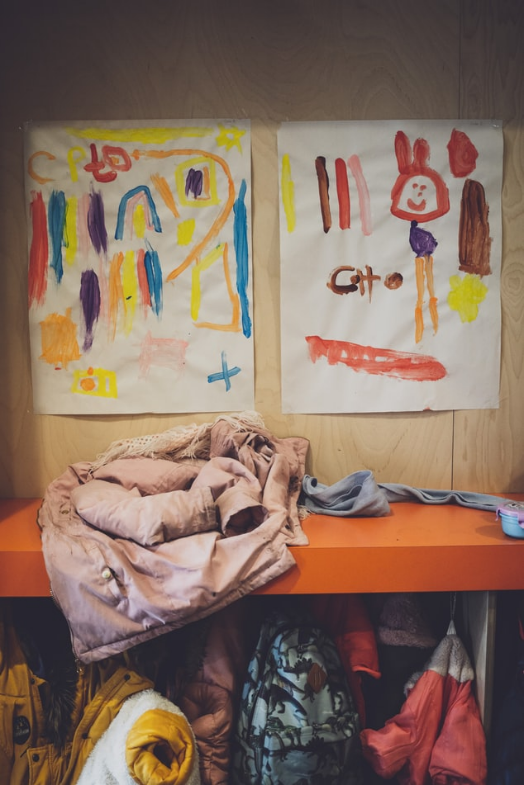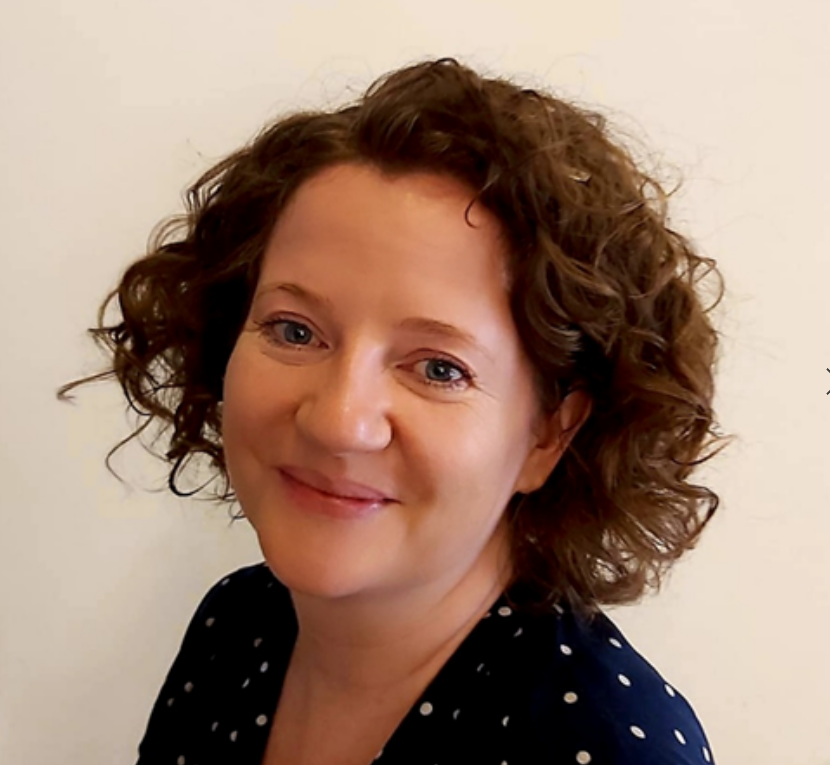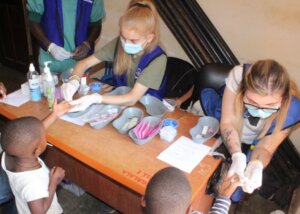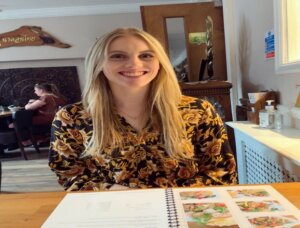I have worked in international schools for the majority of my teaching career, with the youngest of children. The children have always been majority EAL learners so of course our focus is language. But equal to this; my focus is developing the child.
By developing the child, I look to help children understand first and foremostly what makes a ‘good’ person. Then I help co-create a collective responsibility for one another alongside a deep and meaningful respect for both adults and peers.
I hadn’t realized that this was my super power, so to speak, until I started listening to other colleagues. My mentor during my teacher training asked, “why do you care so much?” which left me a bit stumped. In my first UK school I was observed for PSHE and told my lesson was ‘outstanding’. At my second school, in Egypt, the PE teacher showed absolute disappointment when I told her I would be moving on. She explained she really wanted her child in my class, as the children loved one another so much. She taught our eight Reception classes and she felt my class ‘stood out’.
I hadn’t thought about these ancient events until recently, as I reflected that for the second year of filling in PSE goals for my class, they are acing all the Early Years intentions in this area. Last year I had attributed it to my ‘easy’ class, they were pretty calm and got on well. Everyone thought so. This year, when the list was read out, eyebrows were raised.
As I first worked with my new class, I felt I had a group which were quite mis-matched in personalities. In addition, the language level was very low. Over one third of the class could speak just one or two words in English as they joined.
So, I reflected on this new class and what I could do to build their sense of community and respect for one another. I decided I would begin by being more explicit and clearer in my intentions, use stories/puppets to covey concepts and failing that…translate where possible. It was important to create within each child a feeling of ‘self’. I believe it is only when children are aware of their own identity and who they choose to be, they can begin to reflect on their attitudes towards others. To create a truly reflective, supportive and positive environment I feel teachers need to:
Always expect respect
Everyone within a school should be greeted, thanked and considered an equal: the cleaner, the co-teacher and the learning support, for example. I draw my support teachers into my lesson, where they are known as ‘teacher’ and often showcase their strengths to the class.
I do this also with children. They step up to become co-teachers. As the child co-teacher, we talk about what we would expect from the class together. When I, or another, leads a conversation, the expectation is that children listen and contribute where able. When a child speaks, we all should look at him/her and give them our attention. Should a child distract another, or talk over a speaker, we highlight this. They apologize to the speaker and understand what they have done. This is done in a very positive way and never shaming or condemning.
Talk about respect…a lot!
We discuss respecting one another in many contexts. We discuss the lack of respect behind laughing at a friend who makes a mistake, the last to leave for lunch and telling another ‘you are not my friend’. The children reflect on these points and we look at our emotions chart to discuss which ones they would feel. I hope to instill empathy for one another.
I don’t chastise children for this behaviour, instead I talk to both parties. In discussion the children have the time to think about their choice. I am a firm believer that children generally do not think through their behaviours when unkind, but are reactive. They struggle with self-regulation and often feel awful about the unkind choice that they have made. Instead, they need supporting and assurance that we are all not perfect and we are allowed to make mistakes. We just try to not repeat them when we can.
I address the children as friends
We are all friends. I know there are a few schools of thought on this but I stand firm on mine. We learn, laugh, co-play and co-construct our worlds together. I am privileged to be part of it. In all, we are part of a lovely community, which constantly reflects, improves and thrives.
Very early in the academic year I instill the concept of looking out for one another. I pair and group children together in different ways, so they have experiences beyond their friendship group. Together we decide ‘empathy’ buddies, that are available at playtime should anyone feel sad or lonely. These buddies change every week to give everyone a chance.
Kindness is CELEBRATED!
One of our class ‘rules’ is be kind. Along with tidy up and listen please. Kindness is mentioned, celebrated and discussed ALL THE TIME. By the second term I see children carrying each other’s water bottle, pointing out children who are tidying up well and letting their friend go first in the line. My heart soars when I see this.
Conversely, the children are shocked and horrified at stories with themes of unkindness. We discuss how could we change the narrative. I start to filter in little ideas, such as when we look at different cultures and homes, we discuss how different they are but is that a problem? Is it something we need to call out or judge? If a friend does something unkind, they are not named but the issue discussed. The whole class reach a conclusion. Later I talk to the child to ensure they heard the thoughts of the class.
Behaviour
I don’t like to have a charter like some teachers and I do not have a negative behaviour system of any kind. Instead, I encourage dialogue. I was really moved by Dr. Mine’s Conkbayir’s work as it has resonated so much with me. I know there is a reason for ‘negative’ behaviour. It is my job to unpick it and to help heal, not to exasperate a child’s feeling of difference and kill their self-esteem.
In the past I have had off handed comment ‘You’re not strict enough’, etc. on certain children who are seen as difficult. But within my class they don’t feel threatened, they feel listened to and learn how to reframe their thinking and attitudes. Strict does not reform or support a child. It instills fear and compliance.
I model everything I preach
I show kindness, I discuss kindness and I talk to the children with respect. In all aspects I respect their agency. I know the children so well I would never do anything to disrupt their wellbeing instead I constantly seek ways to improve it. You would never see me taking a child out of play to complete a prolonged group activity. I hate how this has become part of some schools’ expectations.
These are my few ideas. What I love about kindness is that it rubs off. My colleagues bounce back and forth celebrating, showing and discussing kindness. We agree not to take children out of tasks they love, but to respect their learning journey and try to enter into it. We feel collectively responsible for our whole ‘pod’, which is two classes. I do not see my class and my colleague’s class. Throughout our unit there is a genuine warmth and connection, something that can only come about through the principles we teach and practice.
Jess Gosling, Early Years Teacher (Reception), Taipei.
Jess is an international teacher based in Taiwan, working within a school whereby many children she works with speak English as a second or additional language. She has been teaching for ten years, both at home in the UK and abroad. Jess is an avid writer, who writes regularly for the TES, and has recently authored her first book, Becoming a Successful International Teacher.
Website: jessgoslingearlyyearsteacher.com
Twitter: JessGosling2

Jess Gosling likes to blog on ‘jessgoslingearlyyearsteacher.com’ and she tweets at JessGosling2.




